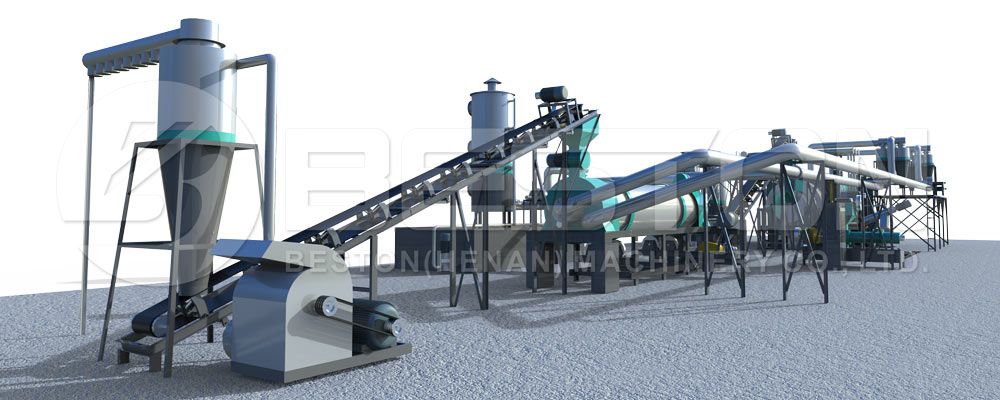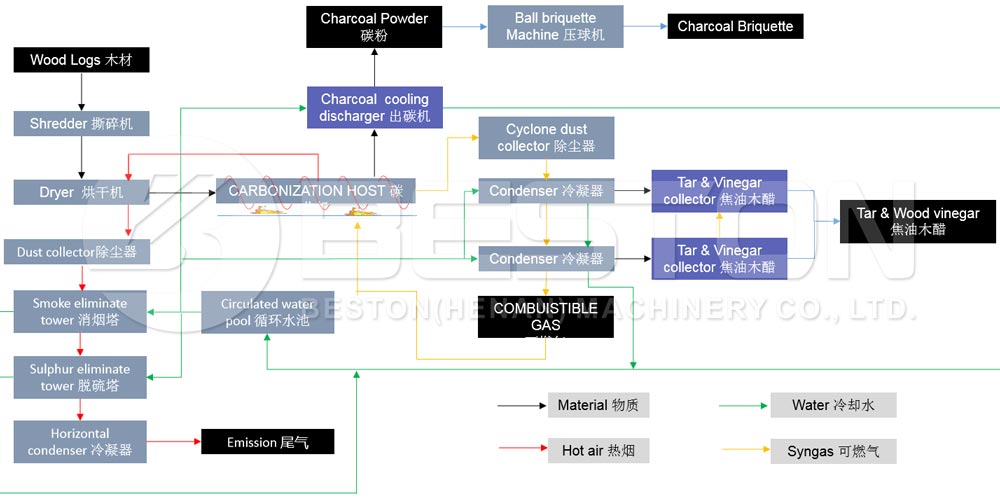When we are talking about high-quality coconut shell charcoal making machine manufacturers, you should know that there are many big players in the field, including Beston Machinery. There are, of course, dozens of other suppliers in the industry, but in this article, we are going to focus on bio char machines from global leading manufacturers. Such coconut shell charcoal making machine manufacturers are recognized because their machines are constructed from high-quality components and utilize the latest developments in automation technology. Furthermore, distributors of bio charcoal machines from the best manufacturers offer excellent after-sales services.

Did you know that customers located in just about every world continent have bought bio charcoal making equipment? Countries the manufacturer has exported units to include Australia, the UK, Indonesia, Russia, South Korea, Brazil, South Africa, Argentina, Hungary, Norway and more. The manufacturer has one of the most diverse customer bases in the industry and is ready to serve buyers from just about any country. Some of the main reasons why the manufacturer’s machinery is sought-after by businesses all over the globe are that it has state-of-the-art manufacturing techniques, implements unique advanced design concepts, supplies coconut shell charcoal making machines that provide reliable performance, complies with strict EU emissions regulations and produces energy efficiency Beston Machinery equipment.
So, how does a modern coconut shell biochar machine work? Basically, such a machine utilizes carbonization technology to recover charcoal, biogas, wood vinegar and tar from biomass waste. Furthermore, such a machine employs advanced emissions cleaning technologies to ensure no pollution is released during operation. With such a machine, coconut shell waste can be converted into high-value bio charcoal with ease.

There are many different popular biomass carbonizing machines, including the BST-30, which a fully continuous bio charcoal making machine. The hourly feeding capacity of the BST-30 model is three tons and it is capable of processing all types of biomass waste, including bamboo, rice husks, palm kernel shells, etc. The machine has a maximum expected life span of 8 years and uses a recycled water condenser system to reduce running costs. The power output of the BST-30 is 72 kW/hour and the machine’s furnace is compatible with a range of heating fuels, including LPG, natural gas, diesel, coal, charcoal, wood, etc. You can request a price estimate for the BST-30 bio char machine. Get a rice husk charcoal making machine here.